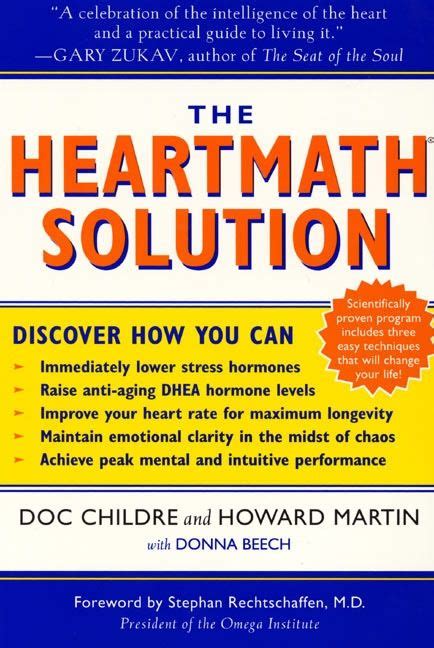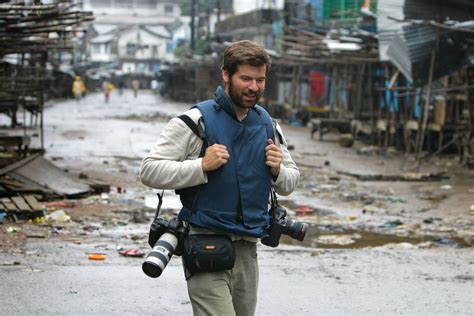A Quote by Thomas Keating
We may experience moments of profound inner peace, a sense of oneness with nature, or a sense of something that is more important that we're not reaching by the usual goals of human society. Perhaps we could say there's a common heart to all the religions.
Related Quotes
If we live in our oneness-heart, we will feel the essence of all religions, which is love of God. But if we live in the mind, we will only try to separate one religion from another and see how their ideologies differ. It is the heart that can have a true intuitive understanding of the height and breadth of all religions. It is the heart that sees and feels the inner harmony and oneness of all religions.
Mathematics is often erroneously referred to as the science of common sense. Actually, it may transcend common sense and go beyond either imagination or intuition. It has become a very strange and perhaps frightening subject from the ordinary point of view, but anyone who penetrates into it will find a veritable fairyland, a fairyland which is strange, but makes sense, if not common sense.
Learning how to access a continuity of common sense can be one of your most efficient accomplishments in this decade. Can you imagine "common sense" surpassing science and technology in the quest to unravel the human stress mess? In time, society will have a new measure for confirming truth. It's inside the people-not at the mercy of current scientific methodology. Let scientists facilitate discovery, but not invent your inner truth.
There are six senses: five are outer; they tell you about the world. I say something about the light; without eyes you will not know light. Ears say something about the sound; without ears you will not know anything about the sound. There is a sixth sense, the inner sense, that shows and tells you something about yourself and the ultimate source of things. That sense has to be discovered. Meditation is nothing but the discovery of the inner sense.
As human beings we all want to be happy and free from misery.
We have learned that the key to happiness is inner peace.
The greatest obstacles to inner peace are disturbing emotions such as
anger and attachment, fear and suspicion,
while love and compassion, a sense of universal responsibility
are the sources of peace and happiness.
Taking LSD was a profound experience, one of the most important things in my life. LSD shows you that there’s? another side to the coin, and you can’t remember it when it wears off, but you know it. It reinforced my sense of what was important—creating great things instead of making money, putting things back into the stream of history and of human consciousness as much as I could.
Man was destined for society. His morality therefore was to be formed to this object. He was endowed with a sense of right and wrong merely relative to this. This sense is as much a part of his nature as the sense of hearing, seeing, feeling; it is the true foundation of morality... The moral sense, or conscience, is as much a part of man as his leg or arm. It is given to all human beings in a stronger or weaker degree, as force of members is given them in a greater or less degree. It may be strengthened by exercise, as may any particular limb of the body.


































